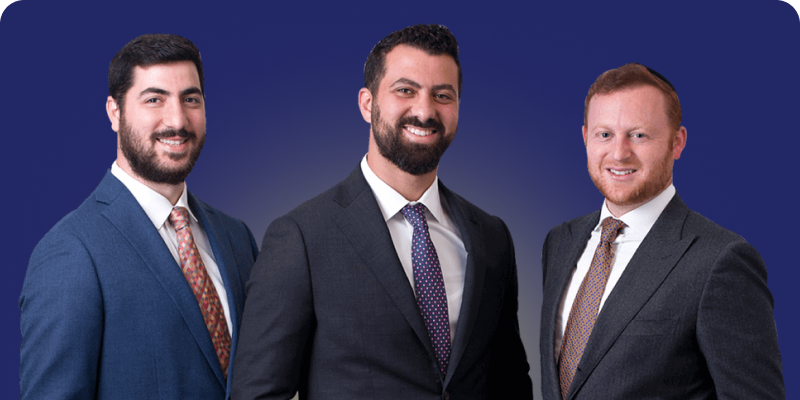


 December 17, 2024
December 17, 2024Age discrimination in the workplace is a serious issue that can affect employees’ careers, financial stability, and overall well-being. While California has robust laws to protect workers from such bias, age discrimination often occurs in subtle or disguised ways, making it difficult to identify and prove. At Abramson Labor Group, we are committed to ensuring that every worker is treated fairly, regardless of their age. In this blog post, we’ll explore how to recognize age discrimination, the laws that protect employees, and what steps to take if you believe you’ve been a victim.
Age discrimination occurs when an employee or job applicant is treated unfavorably because of their age. In California, workers aged 40 and older are specifically protected under both federal and state laws. Discrimination can occur during hiring, promotions, compensation, layoffs, and other aspects of employment.
While age discrimination is illegal, it can manifest in ways that are not always obvious, requiring employees to be vigilant about their rights.
Pay attention to language used by supervisors, coworkers, or HR personnel. Examples include:
Even subtle remarks about your age can indicate a discriminatory mindset.
If you notice that older employees are disproportionately affected during layoffs or demotions, age discrimination may be at play. Employers may try to justify these actions with vague reasons like “restructuring” or “cost-cutting.”
Signs of favoritism towards younger workers include:
An employer suggesting or pressuring you to retire can be a form of age discrimination. While retirement is a personal decision, some employers may try to frame it as a “mutual benefit.”
Sudden negative performance reviews without valid justification, especially after years of positive feedback, could signal age discrimination. Employers may use these reviews to build a case for termination or demotion.
California workers are protected from age discrimination under several laws:
The ADEA prohibits employers from discriminating against individuals aged 40 and older in hiring, firing, promotions, and other employment decisions.
FEHA provides broader protections than federal law, covering smaller employers and additional employment practices.
Both ADEA and FEHA prohibit employers from retaliating against employees who report age discrimination.
To successfully prove age discrimination, you’ll need to demonstrate the following:
Keep detailed records of incidents that suggest age discrimination, including:
Raise your concerns with your employer’s HR department. Be sure to document all communications.
Navigating age discrimination cases can be complex, especially when employers deny wrongdoing. At Abramson Labor Group, our experienced attorneys can help you evaluate your case, gather evidence, and pursue the compensation and justice you deserve.
If you win an age discrimination case, you may be entitled to:
No one should have to face discrimination at work because of their age. If you suspect age discrimination in your workplace, don’t wait to take action. Contact Abramson Labor Group for a free consultation.